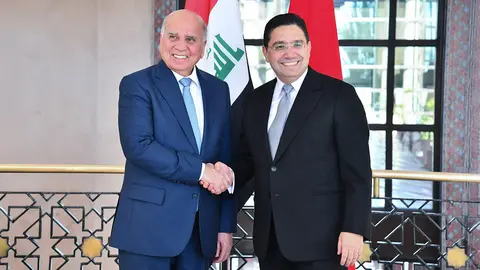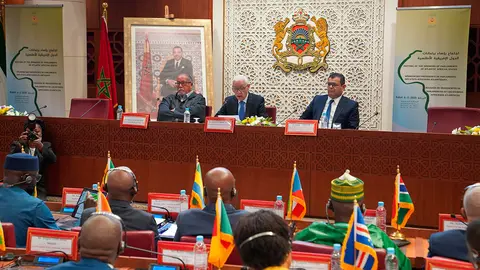Morocco aims to promote the consolidation of industrial ecosystems
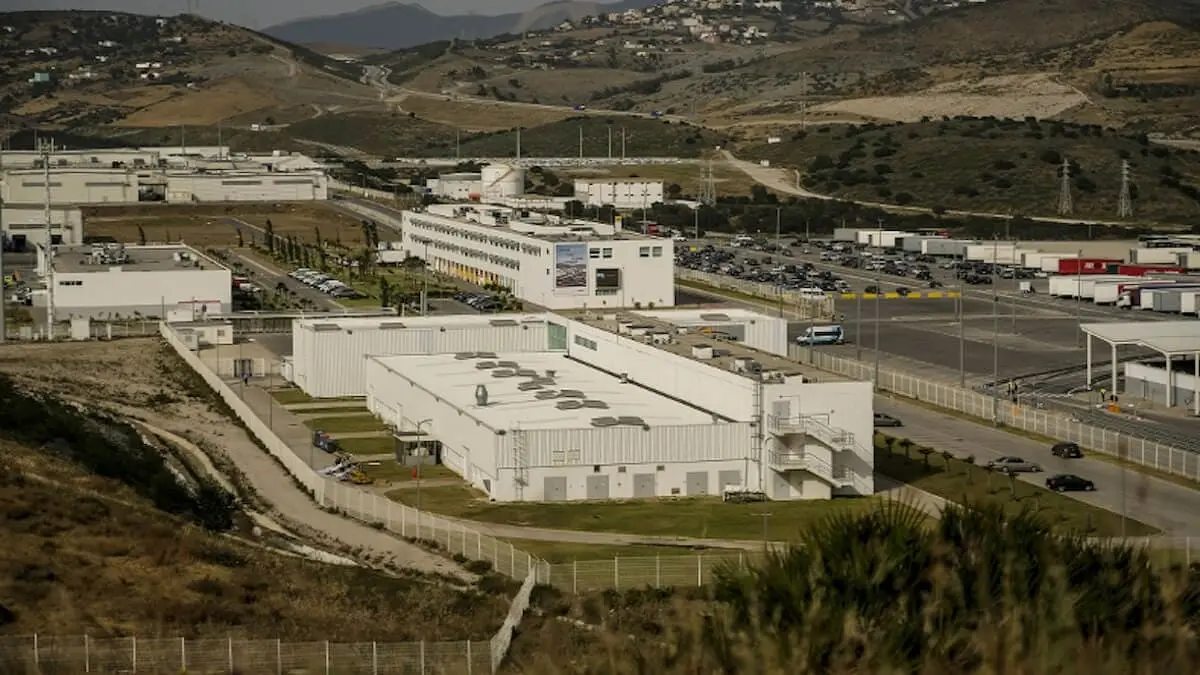
The Moroccan government wants to promote the consolidation of industrial ecosystems, especially in the aeronautics and machinery and tool manufacturing sectors. To this end, the Department of Industry wants to provide technical assistance with the aim of identifying strategic levers, stimulating innovation and promoting local integration. The intention is to strengthen the competitiveness of strategic sectors, both locally and internationally. The budget that the department has for this operation is almost five million dirhams.
The selected consultant will have to put their experience at the service of Ryad Mezzour, Minister of Industry and Trade, to develop and reinforce industrial ecosystems and promote local integration. In addition, they will have to meet the needs of each industrial project, especially within the framework of industrial ecosystems, and even develop a bank of technological innovation projects within the framework of strengthening value chains.
The technical assistance provided by the Department of Industry will focus on developing projects dedicated to promoting decarbonisation and water efficiency in various ecosystems and industrial activities, and the implementation of these ecosystems at a regional level.
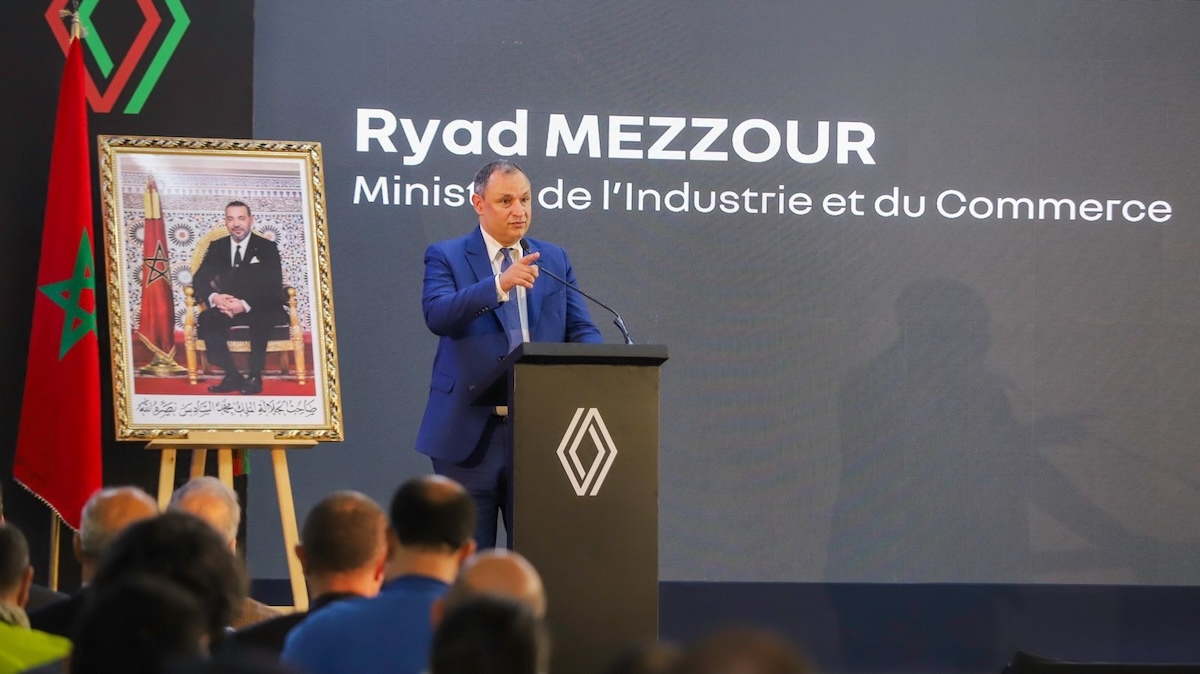
Water resources
Morocco faces significant challenges in the field of water resources. According to a World Bank report, in recent years it has suffered a serious crisis caused by drought. A drought resulting from a decrease in natural rainfall from 12 billion cubic metres per year to just 5 billion cubic metres in 2023.
The factors affecting this water shortage may be erratic rainfall and frequent droughts, as these make traditional water sources, such as dams and groundwater, more vulnerable.
On the other hand, population growth, increased urbanisation and the demand for water for agriculture also put pressure on water resources, which are insufficient to meet the needs of the population, agriculture and industry.
For this reason, the drive in industrial ecosystems must take water efficiency into account in their projects, since, in 2023, according to ICEX figures, resources decreased from 2,500 to 620 cubic metres per person per year between 1960 and 2020, meaning that Morocco is in a situation of ‘structural water stress’.

Industrial ecosystems
Morocco has consolidated its position as an automotive manufacturing centre in Africa and has Renault factories in both Tangiers and Casablanca. This industry represents 16% of Moroccan GDP and has an annual production of more than 500,000 vehicles. There are even industrial zones such as Atlantic Free Zone and Tangier Automotive City on which it is basing the growth forecast for 2025, of one million vehicles.
The Moroccan aeronautics and aerospace industry has also experienced a significant boom, attracting companies such as Boeing, Airbus and Safran, which have opened production plants in the country.
Likewise, the machine and tool manufacturing ecosystem in the North African country is an emerging sector that is not yet as well positioned as the two mentioned above. But Morocco has been developing local production of industrial machinery and tools to reduce dependence on imports.
Furthermore, the country has implemented the Industrial Acceleration Plan (PAI) which promotes industrialisation and technological modernisation in strategic sectors such as the automotive, aeronautics, electronics, agri-food, electricity, offshoring and textile sectors, according to an ICEX report.
Rabat has managed to promote these industrial ecosystems due to the creation of free trade zones, tax incentives and free trade agreements with the European Union and the United States, positioning itself as a key industrial player in Africa.
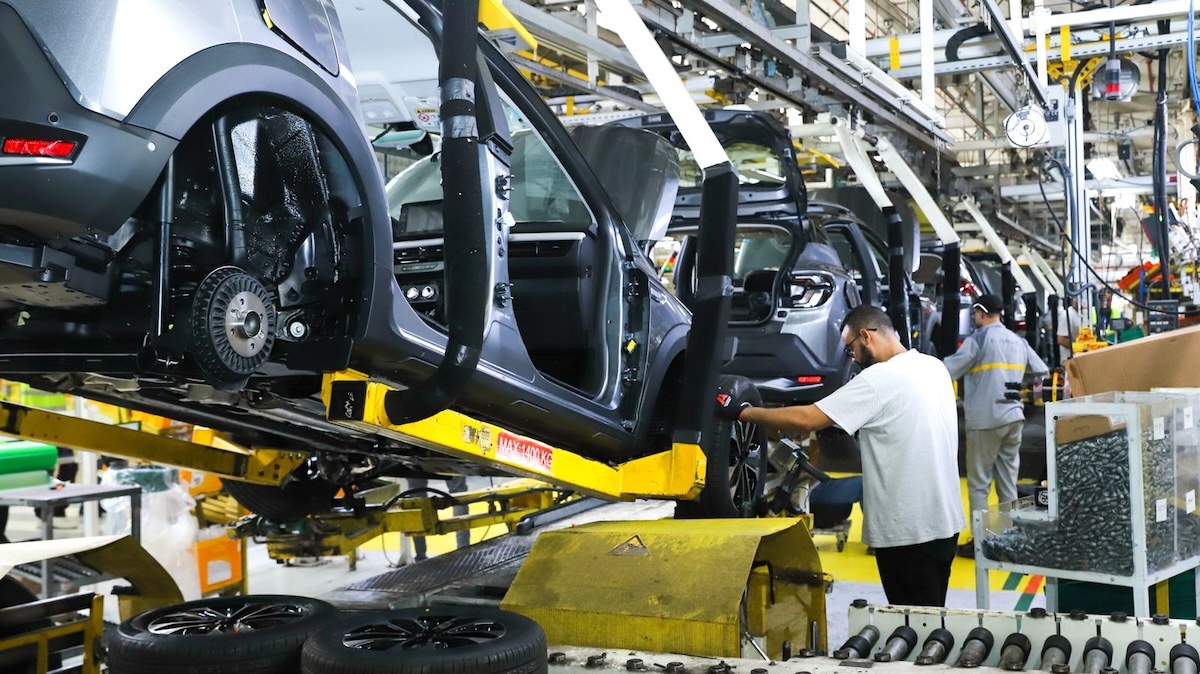
Objectives of ecosystem consolidation
The objective of these programmes, according to the Ministry of Industry, is to strengthen industrial ecosystems, promote innovation and support energy and water transition initiatives. To achieve these objectives, the technical assistance will identify levers that help strengthen competitiveness and overcome obstacles encountered in the target sectors.
In the same way, concrete recommendations will be made based on an in-depth diagnosis in order to guide the Ministry's future actions, analysing the national and international context. And to reinforce the efficiency and resilience of the ecosystems, the technical assistance will have to study various options to provide concrete solutions.
This mission envisages the identification and relocation of key links in industrial value chains. Ultimately, the overall aim is to promote greater local integration and improve the competitiveness of the different ecosystems and industrial activities.
To achieve this, the technical assistance should propose innovative industrial projects and strategic investment opportunities to the Ministry with the aim of covering key parts of the value chain and promoting local integration.

